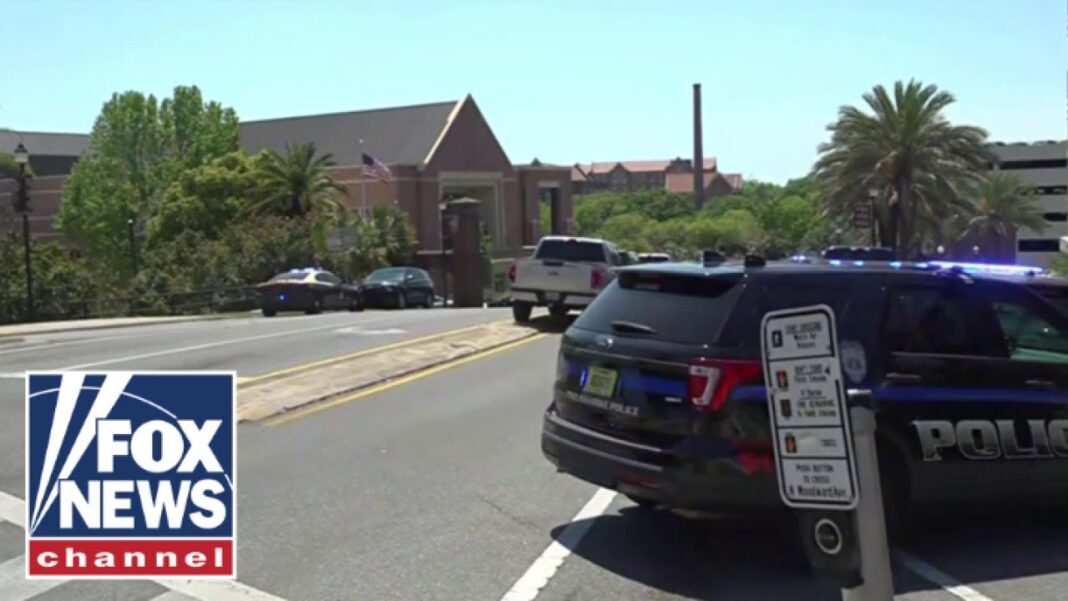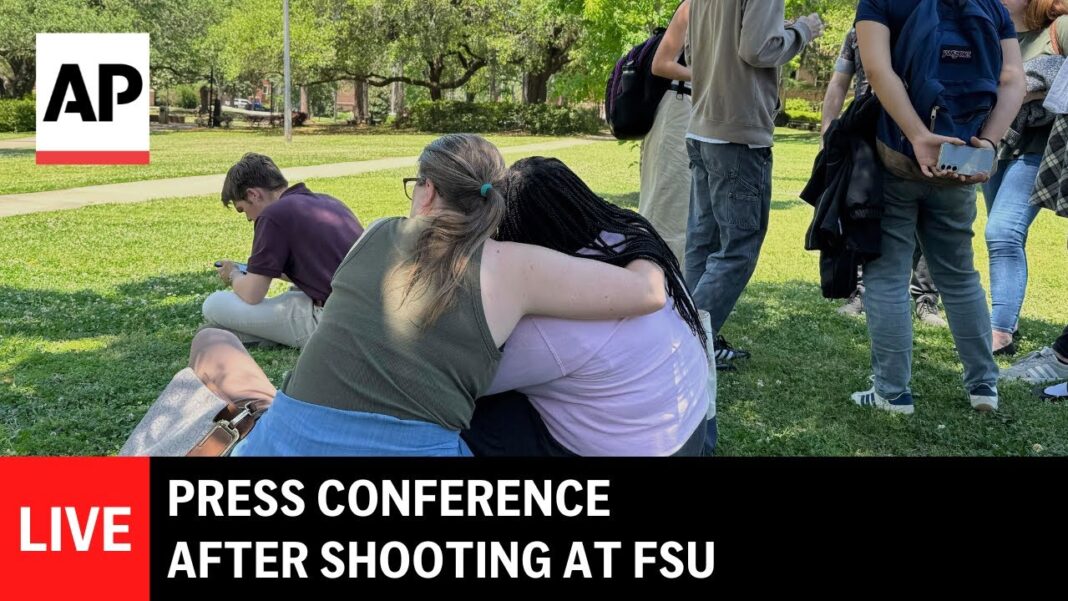Three district courts previously issued separate orders blocking Trump’s policy.
The Supreme Court on April 17 left in place lower court orders blocking President Donald Trump’s policy of limiting birthright citizenship for certain individuals and scheduled oral argument in the case for next month.
The new order states that the nation’s highest court will hear the case on May 15. No justices dissented from the order.
It is unusual for the Supreme Court to hear an oral argument in May, just weeks before it begins its summer recess.
The case is actually three separate cases that the justices will hear together. They are Trump v. CASA Inc., Trump v. Washington, and Trump v. New Jersey. All three cases were appealed to the Supreme Court on March 13.
Trump’s Executive Order 14160, signed on Jan. 20, states that “the Fourteenth Amendment has never been interpreted to extend citizenship universally to everyone born within the United States.”
According to the order, an individual born in the United States is not “subject to the jurisdiction thereof” if that person’s mother was unlawfully present in the country and the individual’s father was not a U.S. citizen or lawful permanent resident at the time of his or her birth.
It further stated that the privilege of U.S. citizenship does not apply to an individual whose mother’s presence was lawful but temporary and whose father was neither a citizen nor a lawful permanent resident at the time of that individual’s birth.
The order prompted debate over the meaning of the 14th Amendment’s citizenship clause, which states, “All persons born or naturalized in the United States, and subject to the jurisdiction thereof, are citizens of the United States and of the State wherein they reside.”
Critics of the order have cited the Supreme Court’s landmark 1898 decision in United States v. Wong Kim Ark, in which the court held that the 14th Amendment granted birthright citizenship to a Chinese man whose parents were legally present in the United States.
Quoting the decision, then-Acting Solicitor General Sarah Harris previously told the Supreme Court that the Wong Kim Ark precedent only applied to children whose parents were permanently domiciled in the United States.
This is a developing story and will be updated.
By Sam Dorman and Matthew Vadum






